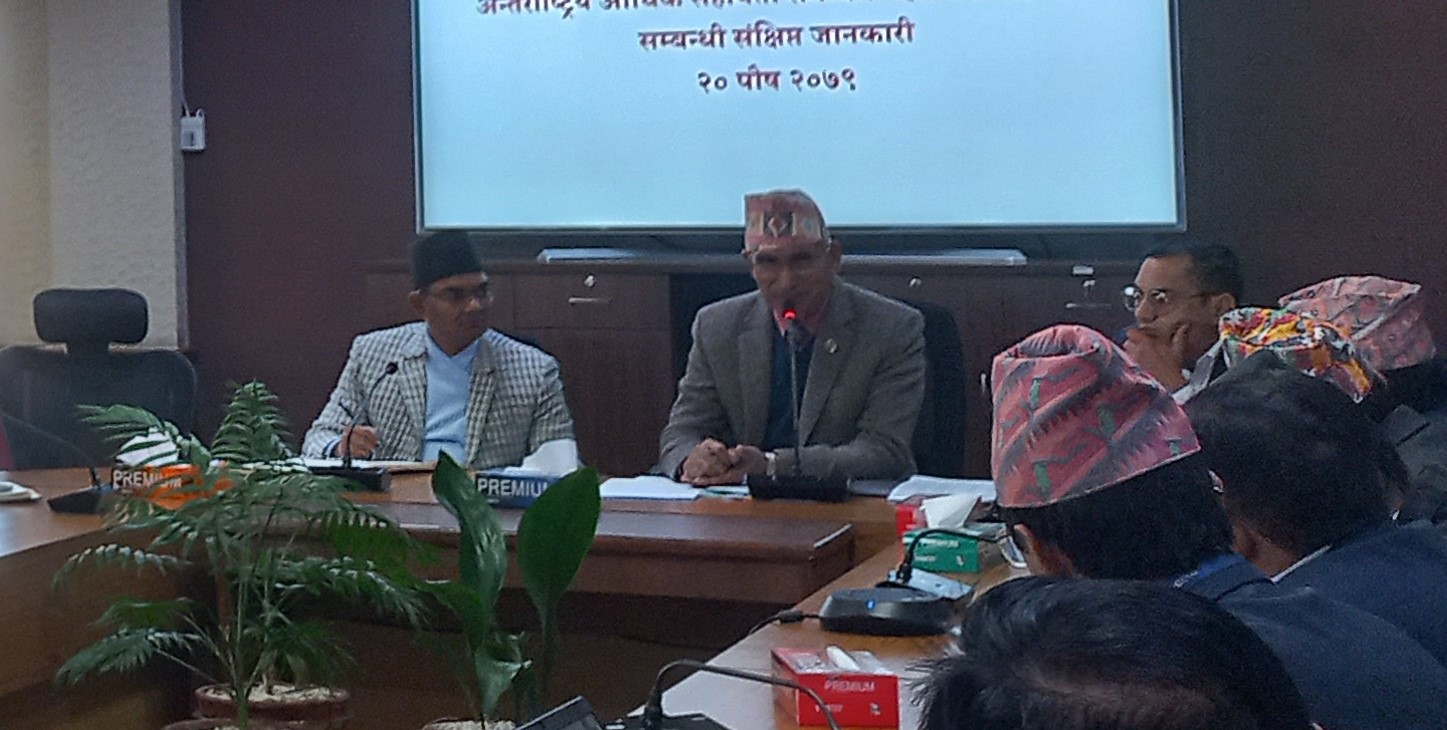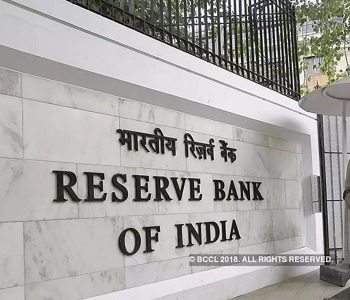‘Coordination between finance policy and monetary policy will be maintained’- FM Paudel

KATHMANDU: Deputy Prime Minister and Finance Minister Bishnu Prasad Paudel has said that to improve the economy, he will proceed by coordinating the financial policy and the monetary policy.
While taking the departmental briefing held today at the Ministry of Finance, he said that there will be a lively relationship between the Ministry of Finance and Nepal Rastra Bank, but there will be no interference.
Paudel asked the ministry’s concerned officials to move forward by implementing the solutions to the problems in the economy.
In the program, the Economic Policy Analysis Division of the Ministry of Finance informed that there are three main problems in Nepal’s economy. Among them are the lack of investable funds in the financial system, low revenue mobilization and inflation problems.
The department says that now the investable amount is gradually getting easier and inflation is being controlled. The department has also informed that there is excess liquidity of 27 billion rupees as of 18th January, excess liquidity of up to 32 billion rupees is considered good in Nepal and liquidity flow of 50 billion rupees for forty-five days last week.
The department informed that even though high interest rates help in controlling inflation, it affects economic growth, low revenue mobilization negatively affects the balance of public finances, and inflation reduces people’s purchasing power and makes people’s lives difficult.
Mentioning that some of the problems are of a global nature, the department has presented the challenges of raising funds to achieve the economic goals set by the budget in Nepal, the high cost of investment, the issue of keeping inflation within the target limits to maintain economic stability, and the issue of maintaining a balance between government spending and revenue collection.
The department should now take balanced measures to maintain economic growth and stability in the economy, emphasize the implementation of capital expenditure, take special measures in revenue mobilization, regulate the informal sector, relax import restrictions, speed up research, and pass the law related to property improvement. was presented.
In the program, the Budget Division has informed that 4 trillion 6 billion 54 crores of current expenditure and 43 billion 77 crores of capital expenditure have been incurred.
Likewise, the International Economic Aid Coordination Division has informed that in the financial year 2079/080, 1 trillion 37 billion rupees were signed as foreign aid agreements and 1 trillion 14 billion rupees were loans and 23 billion rupees in grants.














Facebook Comment